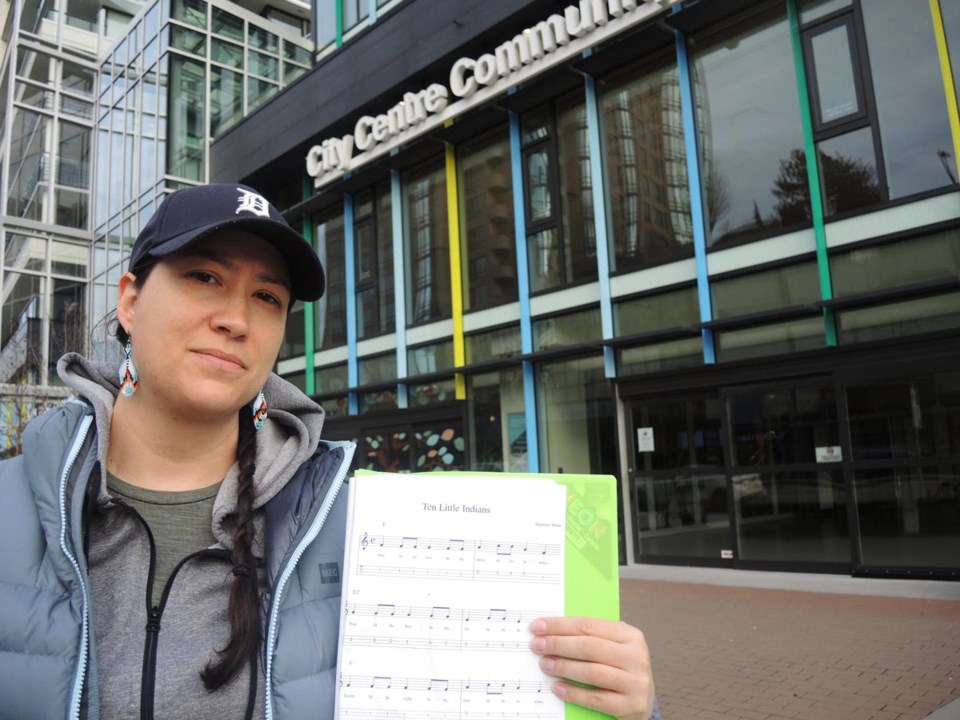Dear Editor,
Re: “‘Artifact’ seen as not appropriate,” Jan. 3
Regarding artifact, I’m not understanding why mere mention of an ethnicity is now always bad. To me, intention is key.
For the record, Columbus never thought he landed in “India” because there was only Hindustan, whose residents were known as Hindus.
So, “Indian” was never a misnomer. More likely it was Columbus’ pidgin Spanish, saying he found a people “in God” (a people living naturally, rather than in cities).
Racism actually means the belief your “race” is superior. (A better term would be ethnic chauvinism). Racial means referring to race/ethnicity. Racial is not racism. This is where intent, attitude and follow-up actions set the true definition as a negative.
A great number of our most famous hymns are based on old bawdy house tunes.
You’re not encouraging prostitution by singing, Michael Row The Boat Ashore;” if the school was using the original cadence song’s lyrics and that made the little girl feel singled out, I would understand the complaint better.
Can I complain about songs that use “white” like “White Wedding” and “White Christmas”?
They’re no more talking about me than that children’s counting song was about anyone in that classroom (especially as it was only the tune the mother complained of; for all we know, it’s originally a traditional Ojibwe song/tune, used to teach counting to First Nations’ children).
George Pope
RICHMOND
“When he landed in the Antilles, Columbus referred to the resident peoples he encountered there as “Indians” reflecting his purported belief that he had reached the Indian Ocean. The name stuck...”
— Wikipedia



